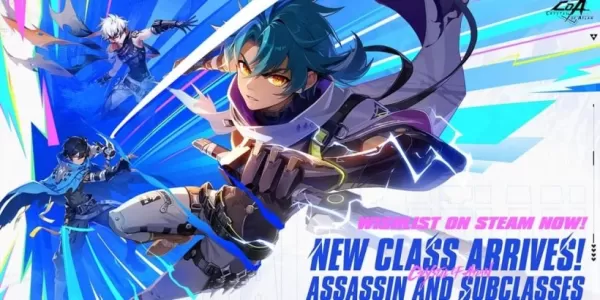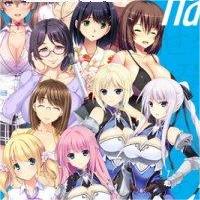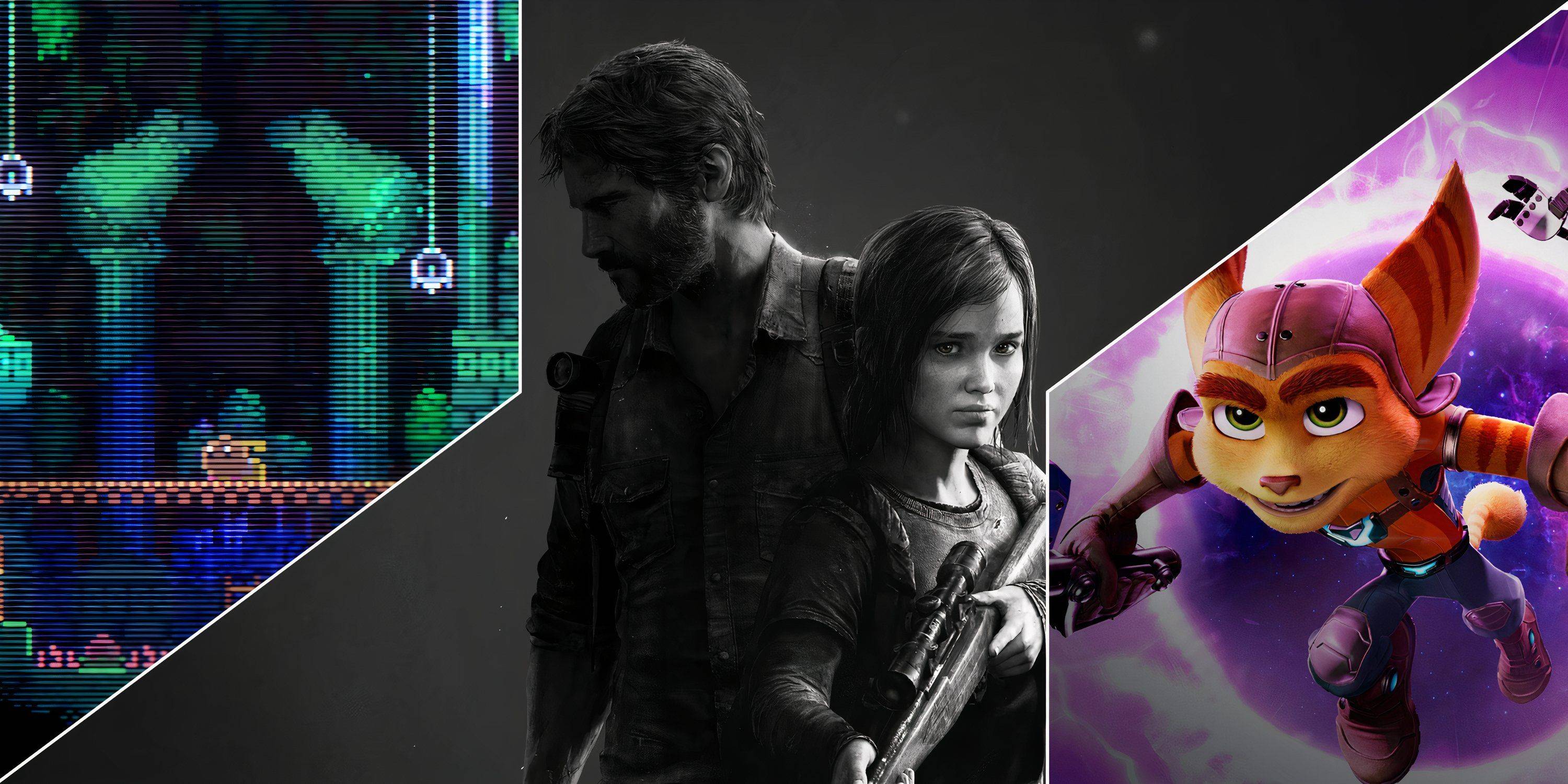The topic of turn-based games versus action-oriented systems is a perennial favorite in role-playing game discussions, and the recent launch of *Clair Obscur: Expedition 33* has reignited the debate. Released just last week, *Clair Obscur: Expedition 33* has garnered widespread acclaim, with IGN and other reviewers praising its execution as a turn-based RPG. The game proudly showcases its influences, including turn-based mechanics, Pictos to equip and master, zoned-out "dungeons," and an overworld map reminiscent of classic RPGs.
In an interview with RPGsite, producer Francois Meurisse revealed that *Clair Obscur* was envisioned as a turn-based game from the outset, drawing inspiration from iconic titles like *Final Fantasy VIII*, *IX*, and *X*. Additionally, it incorporates elements from *Sekiro: Shadows Die Twice* and *Mario & Luigi*, blending quick-time events during attacks and parrying/dodging for defense. This fusion results in a gameplay experience that feels traditional when strategizing and action-oriented during combat, sparking significant discourse within the gaming community.
Social media has been abuzz, with many pointing to *Clair Obscur*'s success as a counterargument to critiques of turn-based systems, particularly in relation to the *Final Fantasy* series. Naoki Yoshida, during the media tour for *Final Fantasy XVI*, explained the shift toward action-based mechanics in RPGs, citing changing player preferences, especially among younger audiences. This shift is evident in recent *Final Fantasy* titles like *XV*, *XVI*, and the *VII* remake series, each of which has its own set of fans and critics.
Despite these shifts, Square Enix has not abandoned turn-based games entirely. Titles like *Octopath Traveler 2*, *SaGa Emerald Beyond*, and the upcoming *Bravely Default* remaster for the Switch 2 demonstrate the company's continued support for the genre. While *Final Fantasy* may have moved away from its turn-based roots, the broader RPG landscape remains diverse.
The discussion around whether *Final Fantasy* should emulate *Clair Obscur* is nuanced. While some might see *Clair Obscur* as a model for what *Final Fantasy* could be, it's important to recognize that each series has its own unique identity and aesthetic. Reducing *Clair Obscur* to a mere imitation of *Final Fantasy* overlooks its innovative combat systems, compelling soundtrack, and original world-building.
Historical debates about the direction of *Final Fantasy* are not new. From discussions about *Lost Odyssey* as a potential successor to *Final Fantasy* to debates over which *Final Fantasy* game is superior, the series has always sparked passionate discourse. Sales figures also play a significant role, as Yoshida mentioned in relation to *Final Fantasy XVI*, indicating that commercial expectations can influence game design decisions.
*Clair Obscur: Expedition 33* has achieved remarkable success, selling 1 million copies in just three days. This is a testament to Sandfall Interactive and Kepler's efforts, suggesting a potential resurgence of mid-budget RPGs like *Visions of Mana* or *Ruined King*. However, whether *Clair Obscur* can sustain this momentum and reach the heights of games like *Baldur's Gate 3* or *Disco Elysium* remains to be seen.
Regarding *Final Fantasy*, the series' recent entries have faced challenges in meeting profit expectations, which may be influenced by broader shifts in the gaming industry and the high costs associated with developing major franchises. The takeaway from *Clair Obscur*'s success is the importance of authenticity. As Larian CEO Swen Vincke emphasized, creating a game that the development team is passionate about can lead to both critical and commercial success, offering a path forward that celebrates creativity and innovation over rehashing old debates.
 Home
Home  Navigation
Navigation






 Latest Articles
Latest Articles









 Latest Games
Latest Games




![Chubby Story [v1.4.2] (Localizations)](https://imgs.xddxz.com/uploads/85/1719638042667f981a5e9f8.jpg)

![Zia – New Version 0.4 [Studio Zia]](https://imgs.xddxz.com/uploads/47/1719569268667e8b74e6004.jpg)




